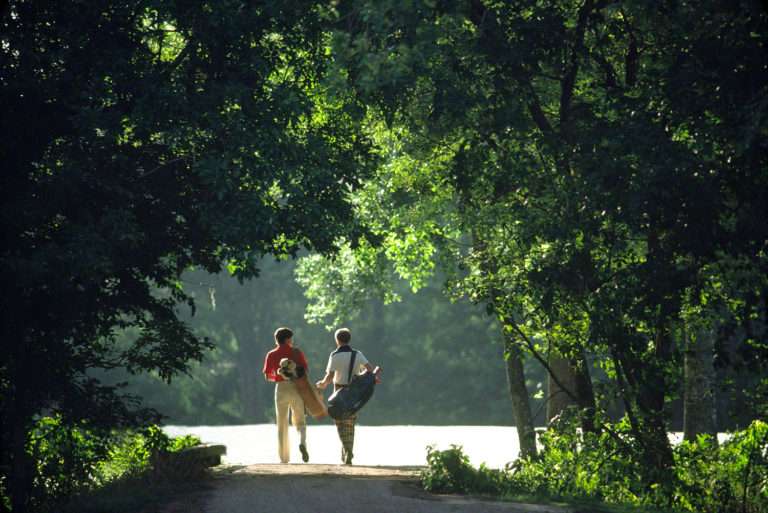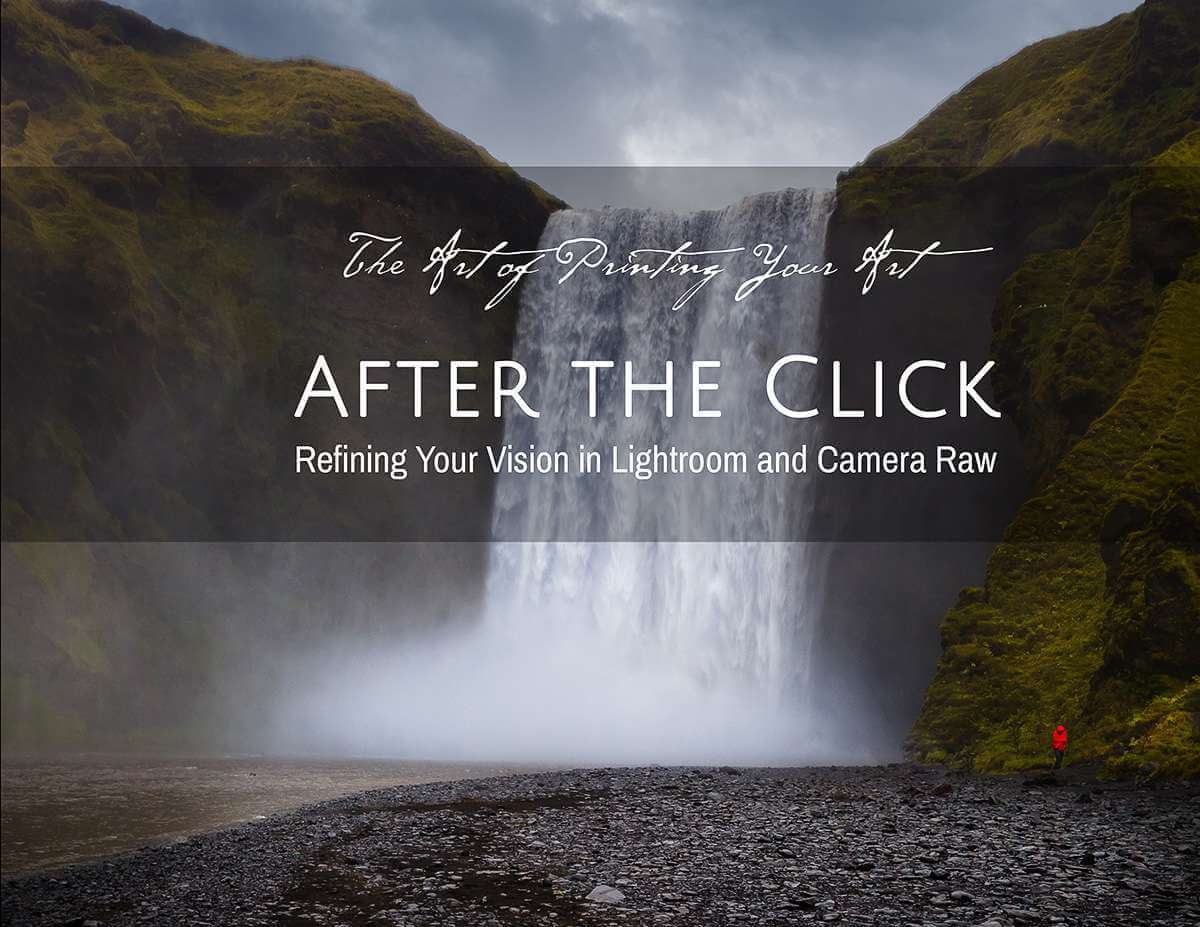 According to the German philosopher and psychologist Karl Albert Schener, our minds whether we’re awake or asleep will transform things symbolically.
According to the German philosopher and psychologist Karl Albert Schener, our minds whether we’re awake or asleep will transform things symbolically.
Visual input is a part of everyday life, and when we go about the world we’re not just taking in what we see, we’re relying on the perception of the environment that surrounds us.
A part of ourselves is out there and as photographers, it’s our prime objective to present visual information in a way as to take control of what the viewer feels and sees when we present information in the form of a photograph.
When I talk about what the viewer feels when looking at our photos, I’m talking about visual empathy. A brief definition of empathy is the ability to understand and share the feelings of others. The question is how do we create visual empathy in a photograph?
I can remember on numerous occasions during one of my “Stretching Your Frame of Mind” when I mentioned this concept to one of my fellow photographers. I’ve also talked about it at great lengths to my online classes with the BPSOP.
Here’s one of the easiest ways to create visual empathy:
Imagine two people walking side by side, either down a street, on a beach, hiking, etc. If they’re talking to one another (of course the viewer won’t know what they’re saying) the viewer won’t necessarily know if they like one another or not; even though he’ll realize that they know one another…but that’s about all. This is one measure of empathy. Btw, if you play golf you’ll know that they wouldn’t necessarily know one another.

Now, imagine those same two people walking side by side, and either they’re holding hands or one person has his hand around the other. This is the true definition of visual empathy and will make the viewer think; making him think is a good way to keep him around longer, and that’s precisely what I like to do.
There are other ways to create visual empathy: the use of color and light, and I’ll be talking about these in future posts.
Joe Teaches:
Stretching Your Frame of Mind I










